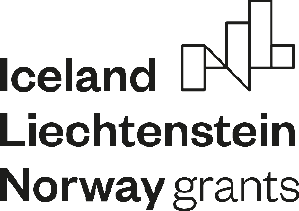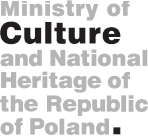Austrofascism – term denoting the Austrian right-wing authoritarian movement in the 1920s and the 1930s; centred mainly around a paramilitary organisation called Heimwehr; strongly influenced by Othmar Spann’s theory of the corporate state (corporatism), it enjoyed the support of Italian fascists, fought against communists, social democrats, and the Austrian NSDAP connected with Adolf Hitler; its ideas were to a large extent implemented by the dictatorship of E. Dollfuss and K. Schuschnigg, who ruled the country in the years 1933–1938; it differed from fascism proper or from German Nazism in a number of aspects – it referred to the Catholic social doctrine, enjoyed support from the clergy, and did not promote anti-Semitic views; it eventually proved unable to mobilise mass social support; due to these factors, the term “Austrofascism” is currently very rarely used.
The entry was written on the basis of source materials of the PWN printing house.






